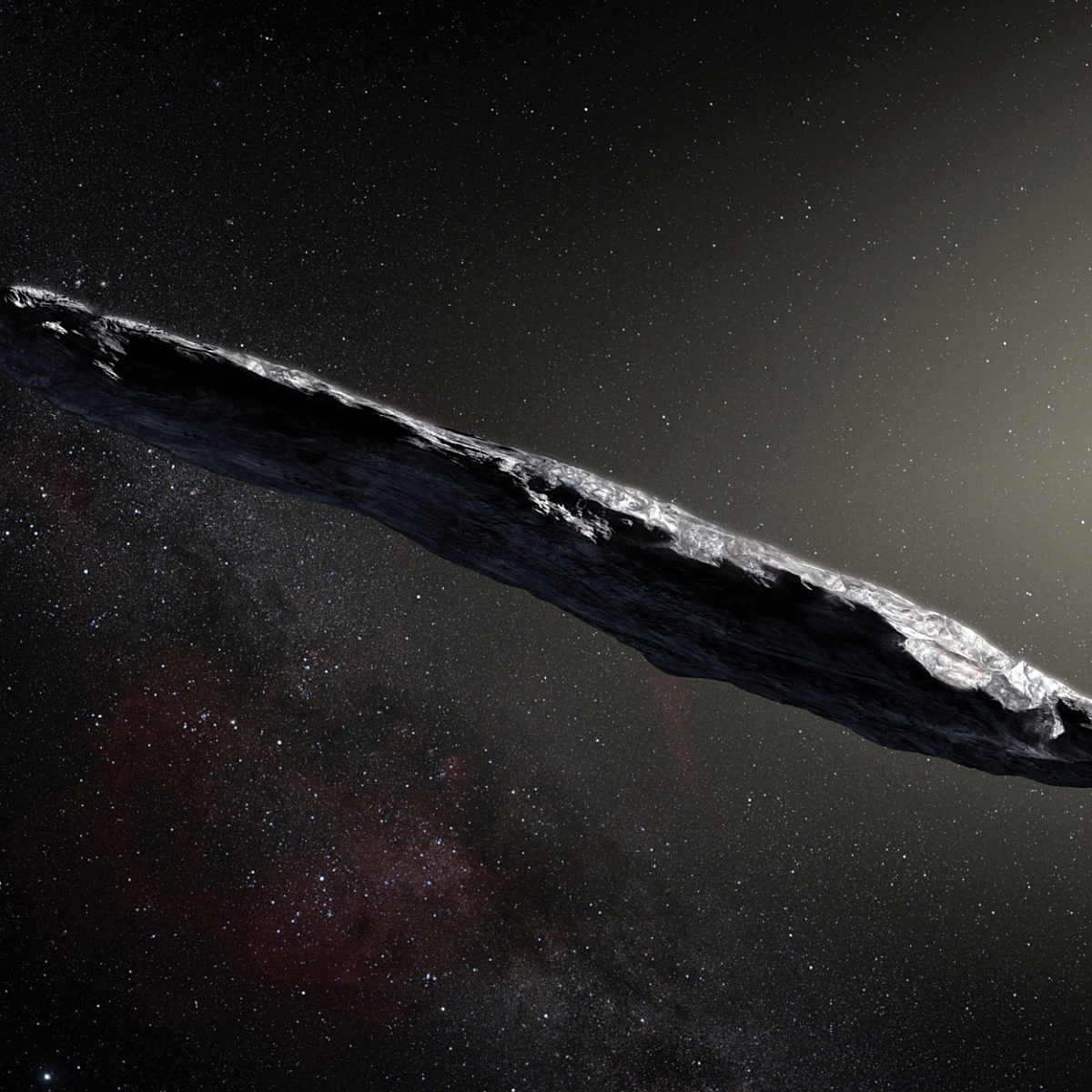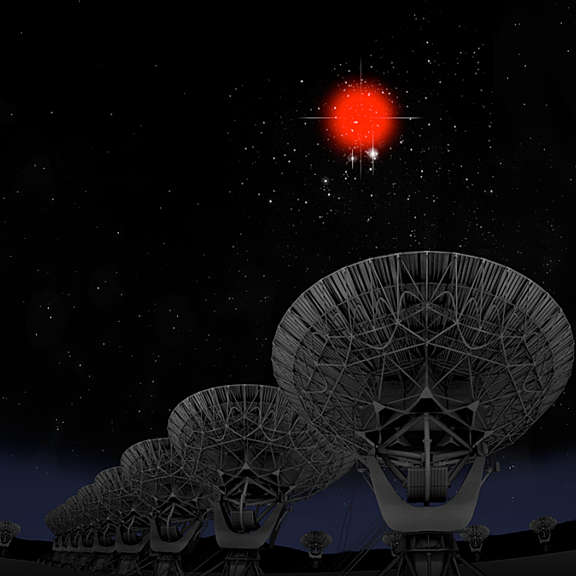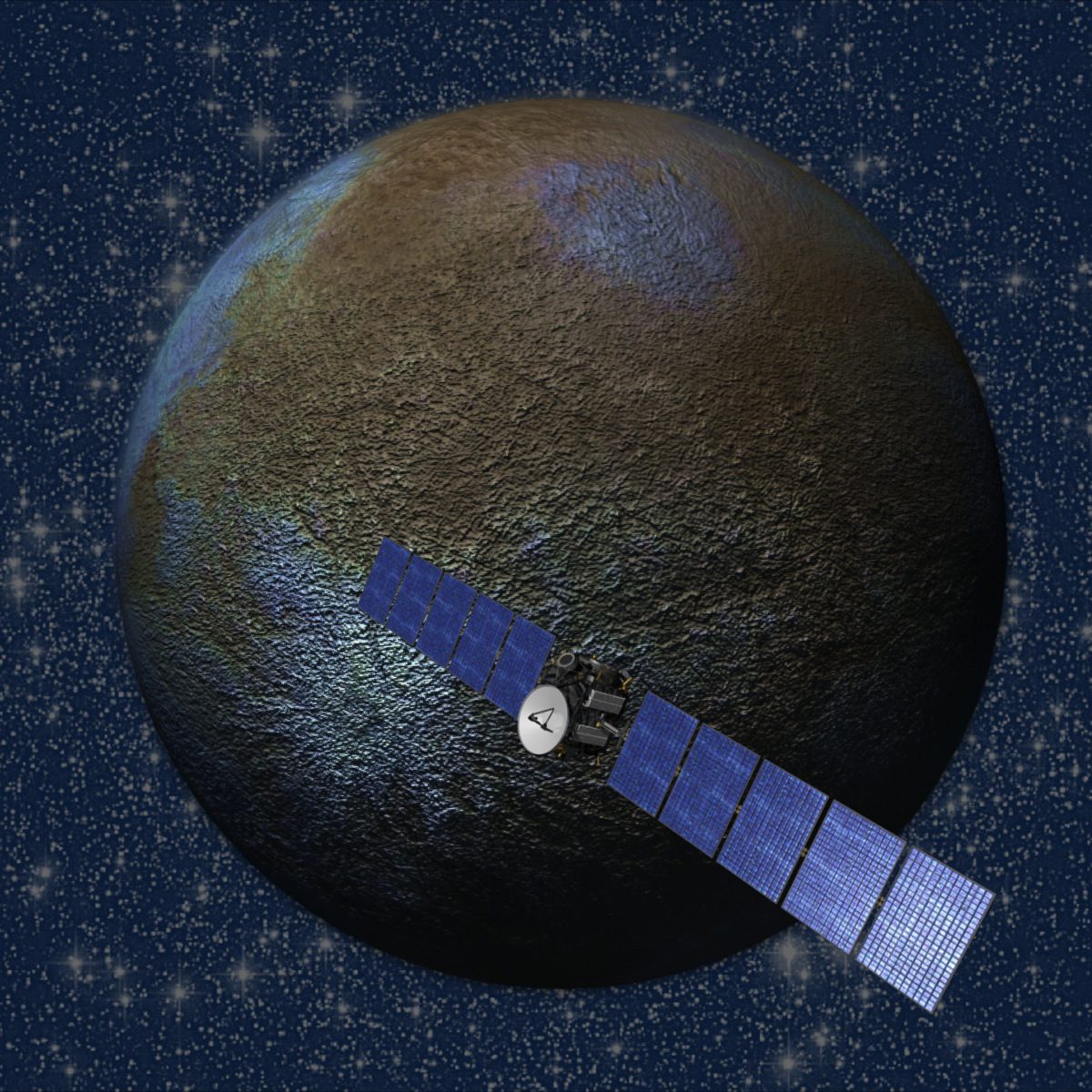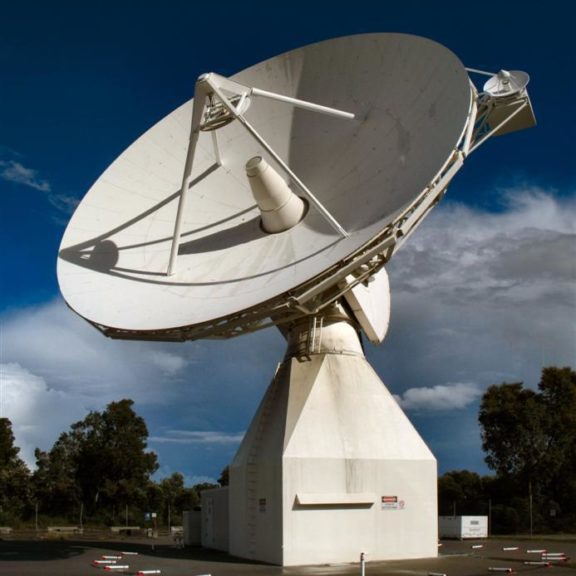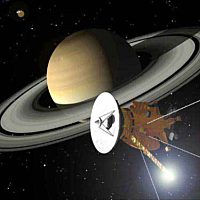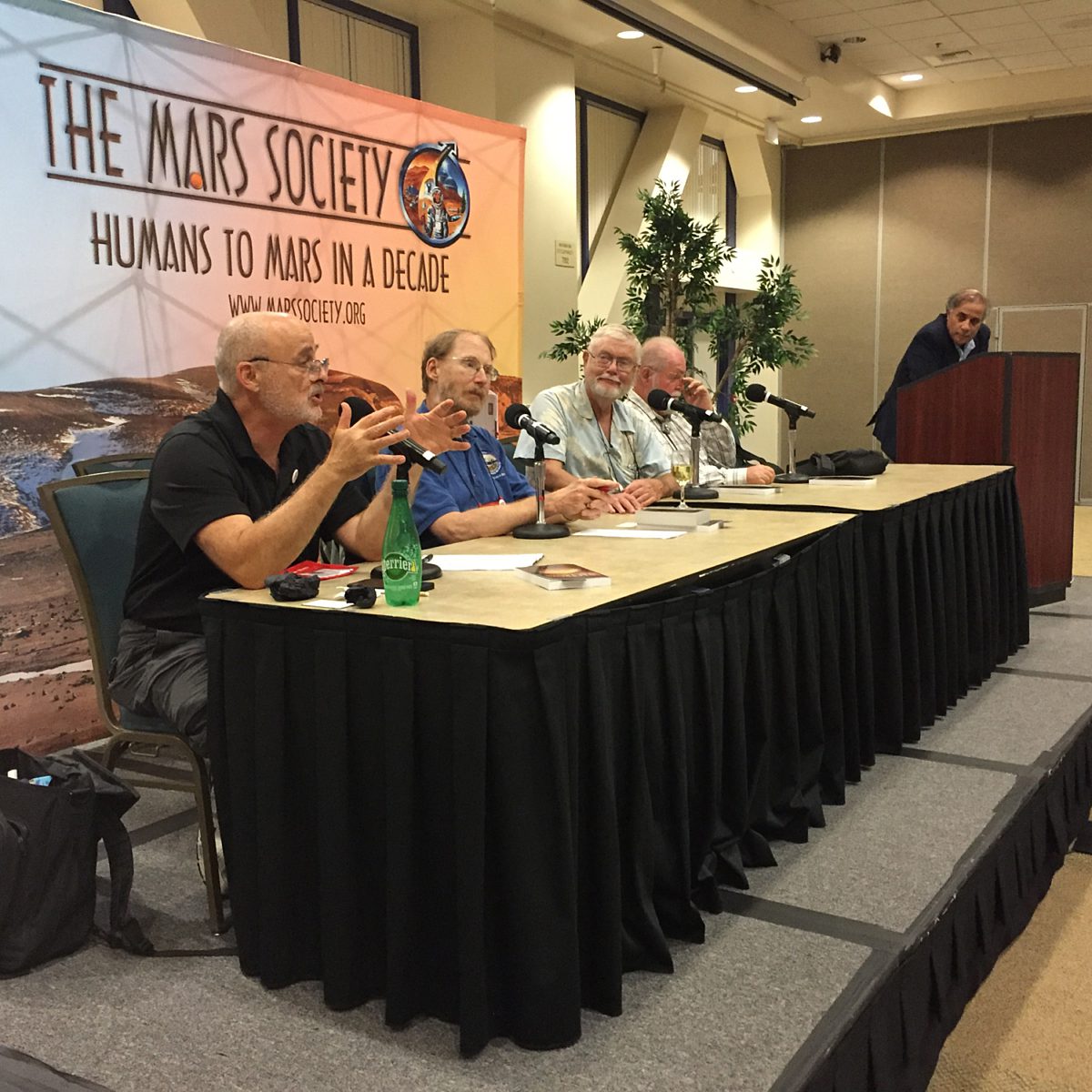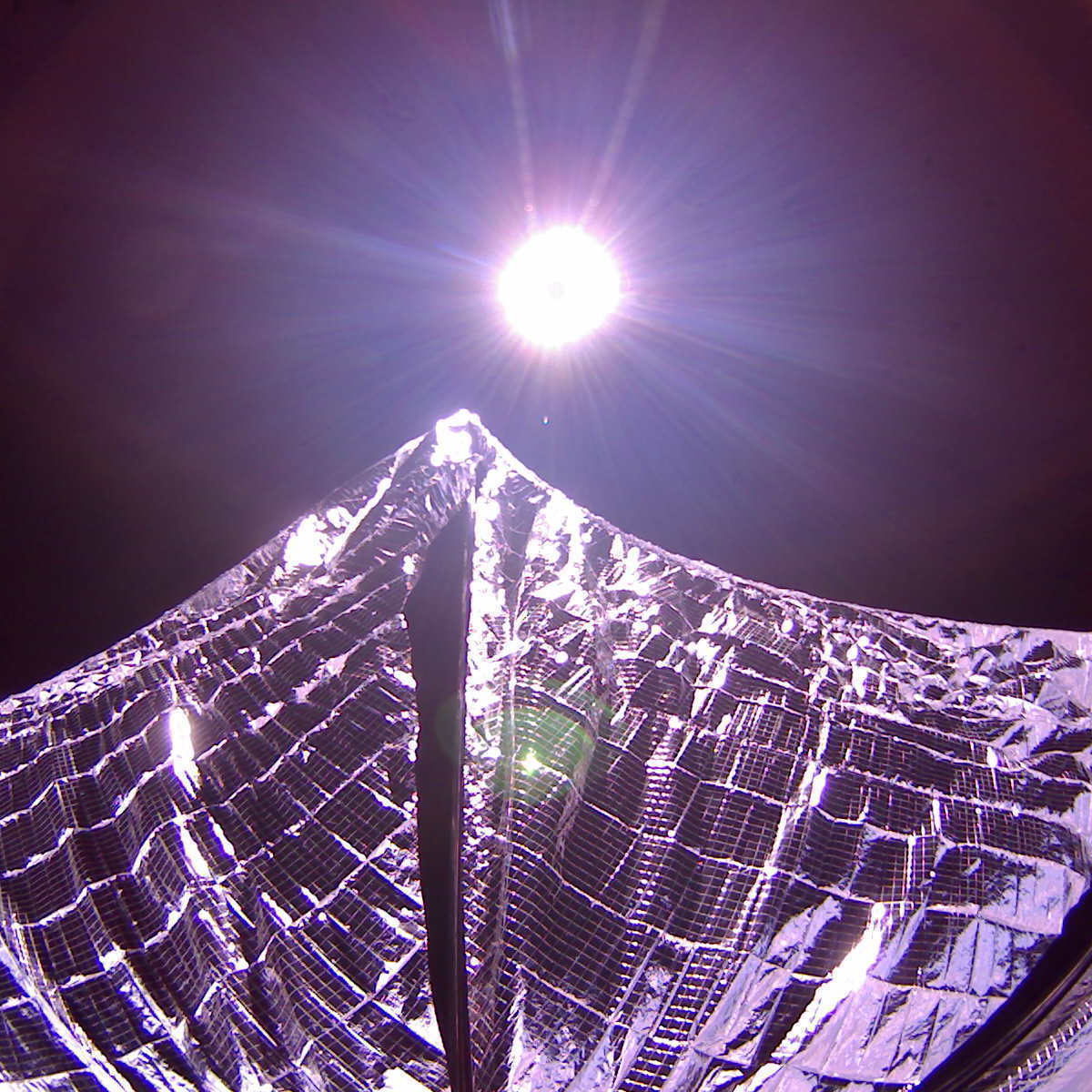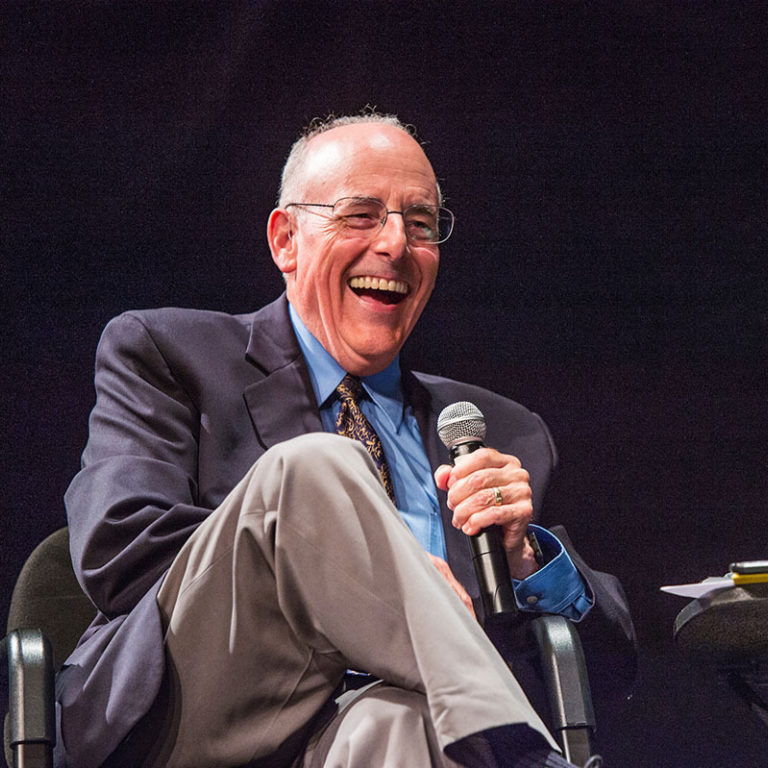Since 2002, Planetary Radio has visited with a scientist, engineer, project manager, advocate, or writer who provides a unique perspective on the quest for knowledge about our Solar System and beyond. The full show archive is available for free.
Search Planetary Radio
The first confirmed interstellar visitor to our solar system is a needle-shaped asteroid given the Hawaiian name ‘Oumuamua. Karen Meech leads the team that is learning as much about it as possible before it leaves our neighborhood, never to return.
Elon Musk. Jeff Bezos. Richard Branson. These are the names we tend to associate with the current era of private space exploration. But what about John Quincy Adams, James Lick, or Charles Yerkes? Space economist and historian Dr. Alex MacDonald joins us to discuss his book,
Moon Express Founder and CEO Bob Richards shares an inspiring vision for a return to the Moon. It includes introduction of a sophisticated line of robotic spacecraft, the first of which may make a soft landing next year.
Canada has a new Space Advisory Board, and The Planetary Society’s Kate Howells is a member.
Congressman Adam Schiff’s California district includes the Jet Propulsion Laboratory. He is as enthusiastic a fan of the final frontier as you are likely to find under the capitol dome in Washington D.C.
The author of #1 bestseller
The likely next Administrator of NASA, Jim Bridenstine, appeared before a somewhat skeptical Senate committee to defend his nomination. Casey and Jason recap the hearing and assess Congressman Bridenstine’s chance of moving forward.
Join us for a wide-ranging, salon-style conversation about space exploration, science, art and more. Mat’s guests are astronomer, television producer/writer and former Star Trek science advisor André Bormanis and Planetary Society Senior Editor Emily Lakdawalla.
Are we alone? The nearly sixty-year effort to answer that question has gotten a big boost from the Breakthrough Initiatives, funded by Yuri Milner and led by former NASA Ames Research Center director Pete Worden, who is our guest this week.
Astronomer Pamela Gay tells us how anyone can work with images of Earth taken by astronauts, turning them into terrific scientific resources.
Dawn Mission Director and Chief Engineer Marc Rayman helps us salute the ion-engine powered spacecraft that first orbited asteroid Vesta in the main asteroid belt and then moved to dwarf planet Ceres, revealing two fascinating worlds.
Fifteen years before Sputnik, on a bright 1942 afternoon in northern Germany, a thundering machine of metal and fire pierced the sky, ultimately touching the edge of space for the first time in history. It opened a new era of opportunity and terror with rocket technology. Dr. Michael Neufeld joins us discuss the significance of this test and how it happened.
The Australian government announced that it would create a national space agency at the 68th annual International Astronautical Congress in Adelaide. We’ll talk with IAC 2017 CEO Brett Biddington about what this means for his country.
More than 1,100 fans of the just-completed 20-year mission to Saturn joined us for a live tribute.
Join us at JPL and Caltech on the bittersweet morning the Cassini spacecraft plunged into Saturn.
Robert Zubrin of the Mars Society talks with Gregory Benford, David Brin, Geoffrey Landis and Larry Niven about terraforming Mars, the origin of life, the drive to explore and more.
The co-founder and Executive Director Emeritus of The Planetary Society returns for a conversation about the allure of sailing through space.
The multi-billion dollar, multi-decade Cassini mission is about to end. A new report tries to answer an important question: are flagship science missions like Cassini worth the effort and expense? And how can NASA maximize the value of these endeavours? Dr. Ralph McNutt, co-chair of the National Academies study, reviews the report’s recommendations.
With hours to go before the Great American Eclipse, nine outstanding guests joined host Mat Kaplan for Planetary Radio Live in front of 1,100 rowdy eclipse and space science fans.
It’s the Grandest Finale. The spectacular Cassini mission’s exploration of Saturn will end on September 15th when the spacecraft plunges into the planet. Cassini Project Scientist Linda Spilker is back with one last mission update.


 Explore Worlds
Explore Worlds Find Life
Find Life Defend Earth
Defend Earth


